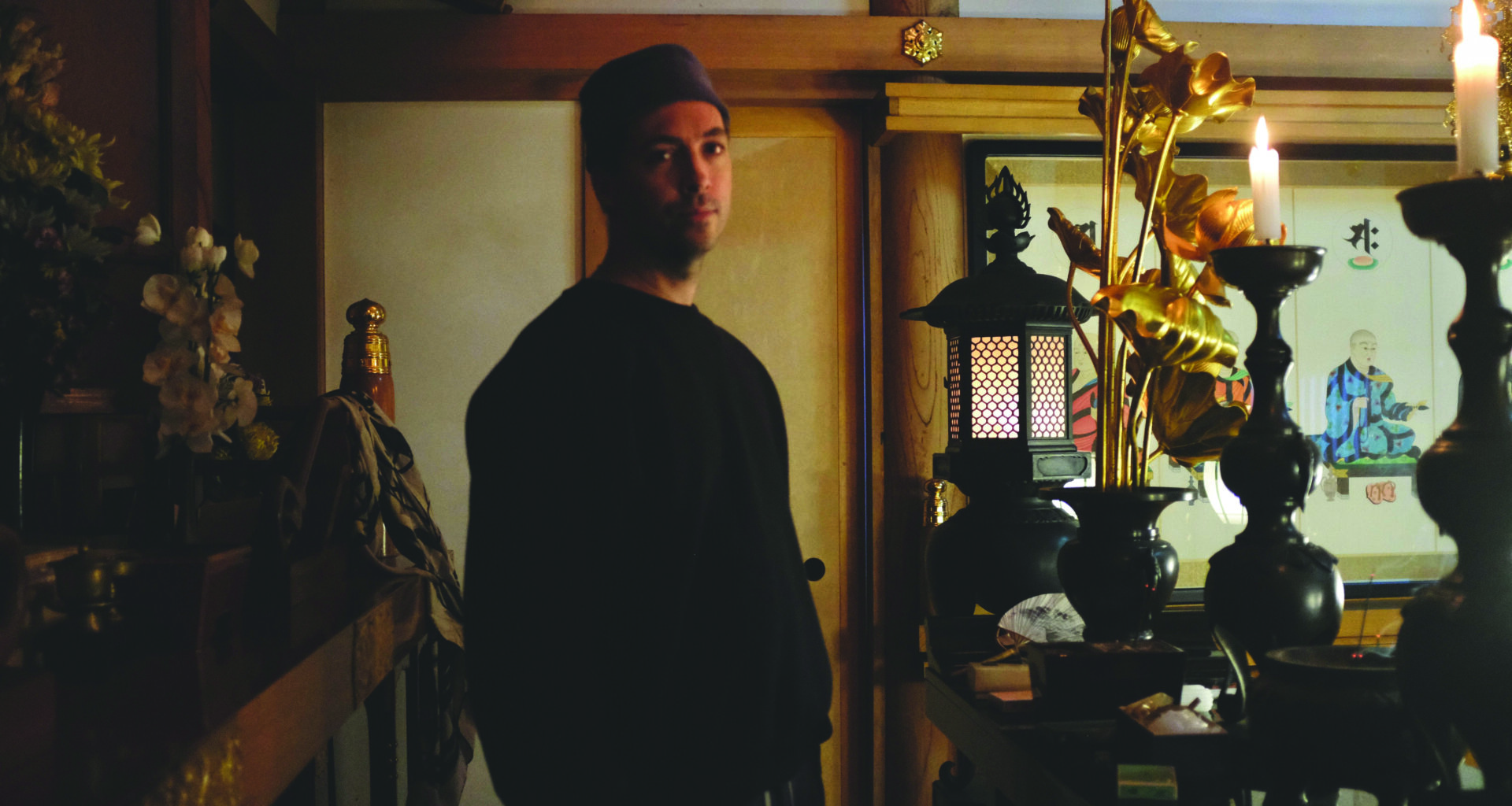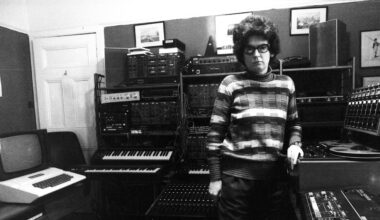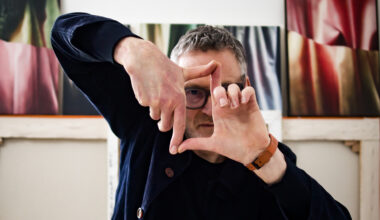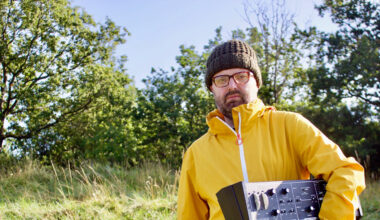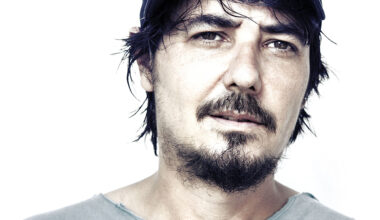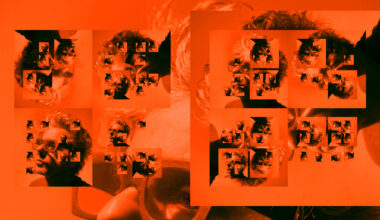His score for the TV series ‘The North Water’ is a high point in an already impressive career. Canadian ambient maestro Tim Hecker extols the joys of the cello, outlines the perils of the soundtrack composer, and explains why he prefers to make music in the winter
Want to read more?
Sign up to Electronic Sound Premium to gain access to every post, video, special offers, and more. 100%, all you can eat, no commitment, cancel any time.
Already a premium member? Log in here
